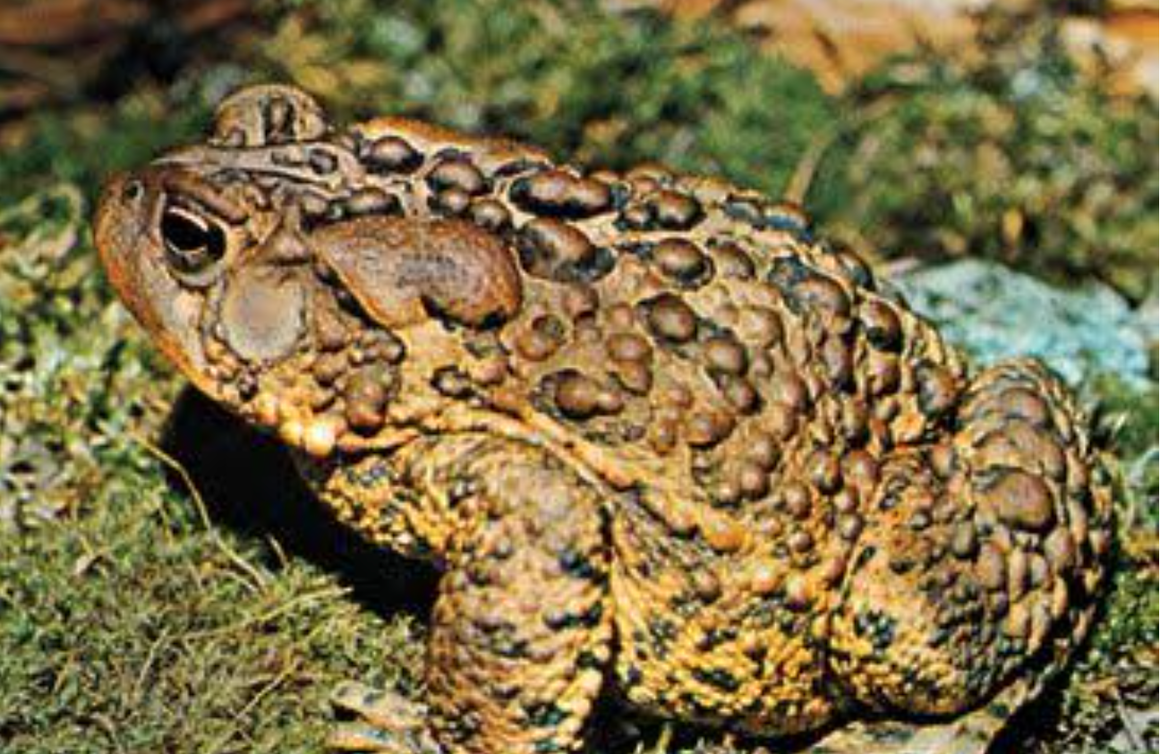The Sonoran desert toad secretes a poison from its glands that the US National Park Service has urged visitors to the park not to lick because it could create hallucinations. The Sonoran desert toad, also known as the Colorado river toad, is a poisonous amphibian, and the National Park Service issued a warning on Facebook on November 1 to tourists and bystanders. With a length of almost 7 inches, it is one of the biggest toads in North America.
It is a distinctive “weak, low-pitched toot, lasting less than a second”
“These toads have prominent parotoid glands that secrete a potent toxin. It can make you sick if you handle the frog or get the poison in your mouth,” the service advised in its post. The frog makes a distinctive “weak, low-pitched toot, lasting less than a second”, it added.
Toad-licking, on the other hand, was formerly thought to be a potentially fatal habit that has since developed into a recreational drug. Notably, each toad provides a different high because not all of them can.
“Please don’t lick anything you find in a national park, including banana slugs, strange mushrooms, or a big toad with luminous eyes in the middle of the night. I’m grateful. Toot!,” the post went on.
Perhaps what makes it more well-known is the creation of 5-MeO-DMT and another DMT derivative, bufotenin, which are produced from glands behind the toad’s eyes.
The toad is considered “endangered” in California
According to Poison Control’s website, “When in eyes or nose, Bufo frog (commonly called Sonoran Desert toad) secretions can cause severe irritation, pain, and tissue damage. Licking or swallowing can lead to numbness of the mouth and throat as well as severe and life-threatening effects on the heart as a result of the digoxin-like compounds and catecholamines described above.”
“These effects include the irregular rhythm of the heart, heart block, reduced blood pressure, and cardiac arrest. These severe effects can also occur after absorption through the skin,” they continued. It is considered “endangered” in California and “threatened” in New Mexico.







